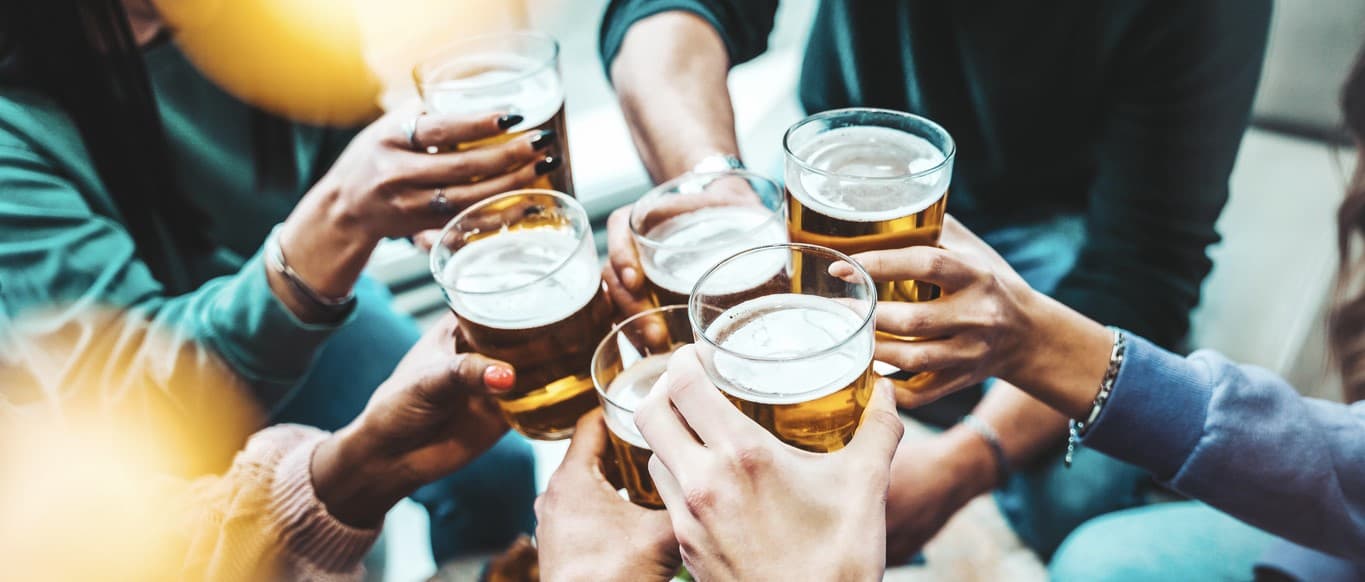How to Treat Alcoholic Gastritis
If you have symptoms of alcoholic gastritis, you need to consult your doctor. The first thing they’ll advise you to do is to stop drinking alcohol. However, if you’ve consumed large amounts for many years, they may recommend that you stop drinking slowly in order to not shock your body.
Depending on your symptoms you may need medication to control your gastritis and a doctor will be able to confirm whether your condition is chronic or not. There’s also the possibility to reverse gastritis and its effects on your body if you take action fast. However, the most important thing to stop symptoms now and in the future is to stop drinking.
Of course, if alcohol addiction is a factor in the development of alcoholic gastritis, then you may need additional help and guidance. In these cases, private alcohol rehabilitation is very beneficial.
Not only will you be supported by a team of medical professionals to understand your addiction and identify any emotional and behavioural dependencies, but you’ll be guided to create new and healthy coping mechanisms. This is essential for long-term recovery – both for alcohol addiction and gastritis.
Contact our admissions team at Nova Recovery today if you think you are suffering from alcohol addiction and need rehab treatment. You can call us on 01475 303998 or email us on info@novarecovery.co.uk.





